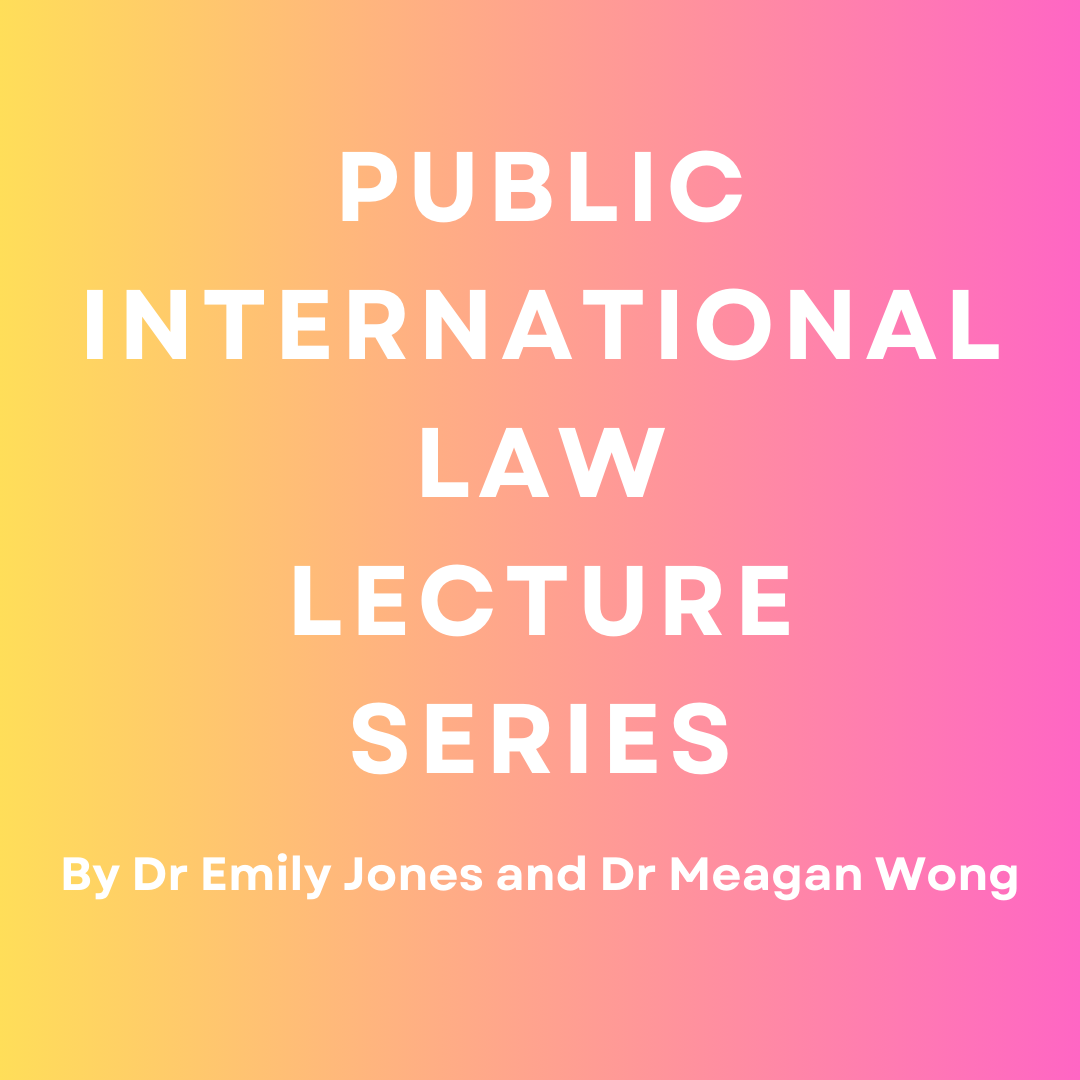LITIGATION AS STATECRAFT:
SMALL STATES AND
THE LAW OF THE SEA
Professor Douglas Guilfoyle
Professor of International Law and Security, UNSW Canberra
Video available here.
About the lecture
About Professor Douglas Guilfoyle
Why litigate if you can't win? This lecture explores how and why recourse to compulsory dispute settlement against great powers may be useful to small states, even where there is no prospect of immediate compliance. I will suggest that small states use litigation as a tool of legal statecraft to achieve strategic outcomes. I argue litigation provides political leverage to small states in two key ways. First, by inflicting a ‘legitimacy penalty’ on a respondent state. That is, litigation allows a small state to frame its grievance as an attack on community values enshrined in international law, mobilizing support to its cause while challenging both the legitimacy of the impugned act and potentially the respondent state. The issue is explored in relation to disputes including Mauritius v UK, Philippines v China and Timor Leste v Australia. Similar dynamics are also visible in the current rise in both climate change advisory proceedings and in cases based on erga omnes standing.
See also Douglas Guilfoyle’s publication in the British Yearbook of International Law, ‘Litigation as Statecraft: Small States and the Law of the Sea.’
Professor Douglas Guilfoyle joined UNSW Canberra in 2018 and is presently an Australian Research Council Future Fellow (2022-2025). He is also a visiting Fellow at the Seapower Centre - Australia and is the 2024 Lieber Scholar at West Point. His principal areas of research are maritime security, the international law of the sea, and international and transnational criminal law. His current Future Fellowship project examines the use by small states of strategic law of the sea litigation against greater powers. He was previously a Professor of Law at Monash University, a Reader in Law at University College London, and has worked as a judicial associate in the Australian Federal Court and the Australian Administrative Appeals Tribunal. He has also practised as a commercial litigation solicitor in Sydney.




